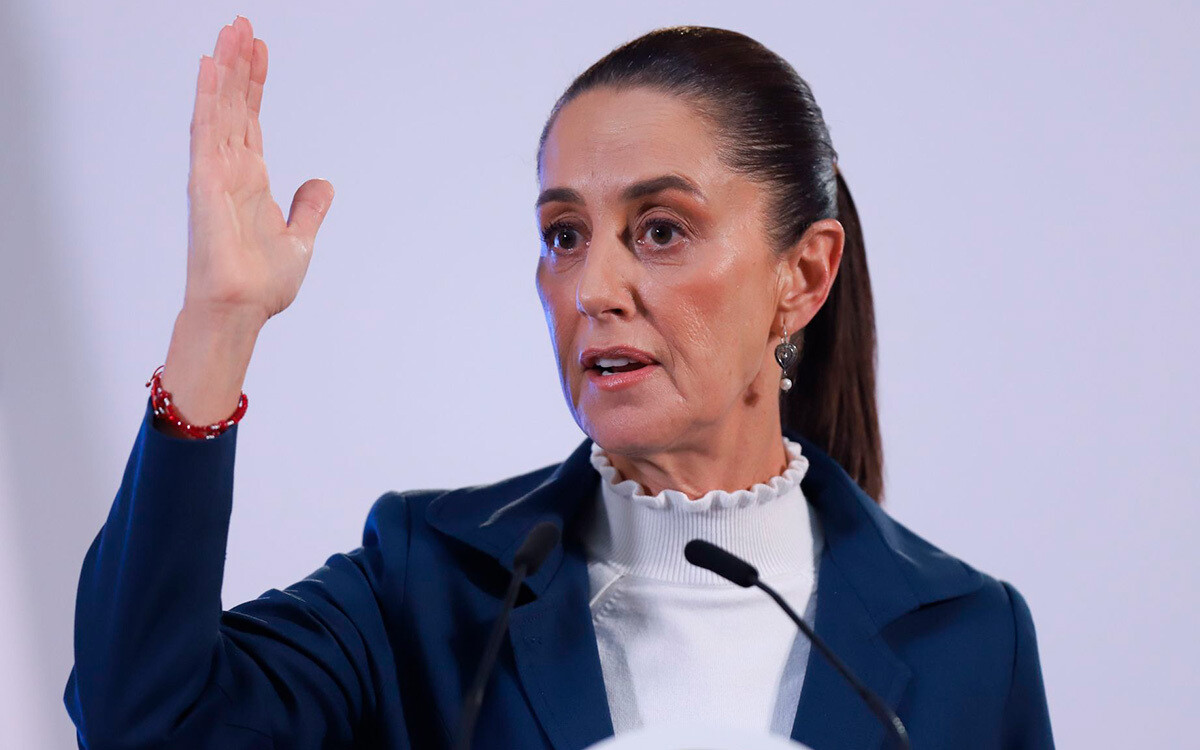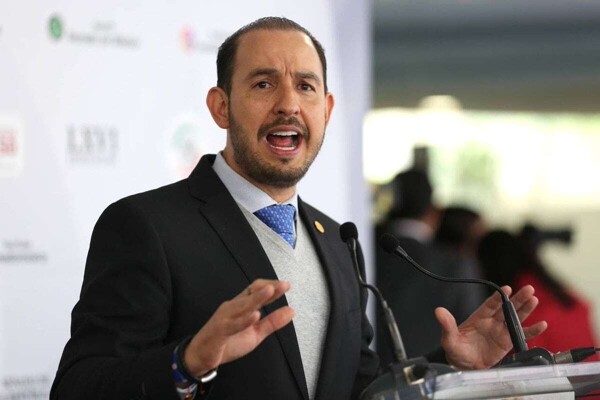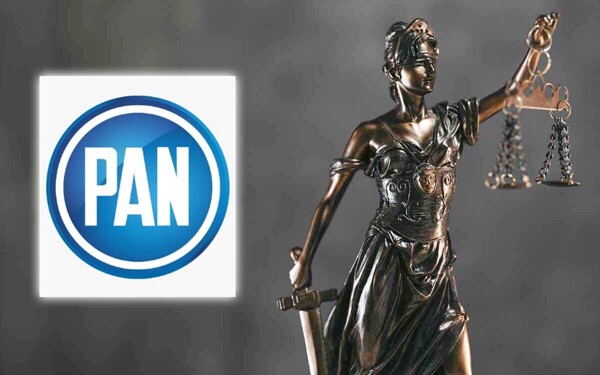
The president of Mexico, Claudia Sheinbaum, has denied being authoritarian in response to criticism from the opposition after the Senate approved an initiative that prevents the Judiciary from invalidating or suspending her constitutional reforms. Sheinbaum accused businessman Claudio X. González, a proponent of the opposition alliance between the National Action Party (PAN) and the Institutional Revolutionary Party (PRI), of being behind a campaign against her.
During the Senate session where constitutional amendments were approved, senators from the PRI and PAN displayed posters with the slogan "No to dictatorship!" and accused Sheinbaum of trying to establish an authoritarian regime in Mexico. In response to these accusations, the president questioned where the authoritarianism was coming from if people could freely demonstrate and express their opinions in the media.
The initiative approved by the Senate must be approved by the Chamber of Deputies and seeks to prevent the presentation of constitutional controversies, actions of unconstitutionality, or injunctions against the constitutional reforms. These reforms arose from the promulgation of a law on September 15 to establish popular elections for all judges in the country starting in 2025, which has generated various criticisms both in favor and against.
Sheinbaum and her party alliance in Congress have dismissed court orders against the reform of the Judiciary, including one that ordered its removal from the Official Journal of the Federation (DOF) with the threat of imprisonment and removal for the president. The president has argued that the proposal to protect the constitutional reforms was already contemplated in an existing law and suggests that this measure be included in the Constitution, trying to address the criticisms labeling her as authoritarian.














